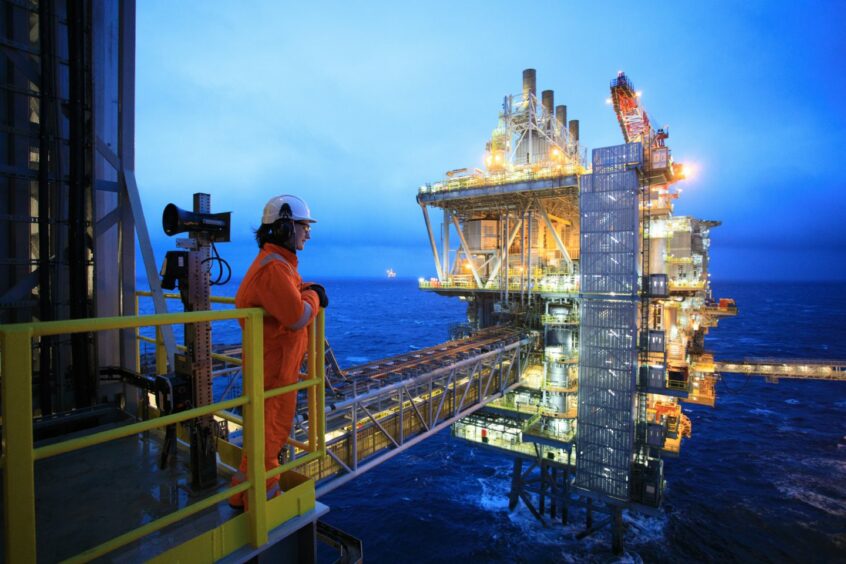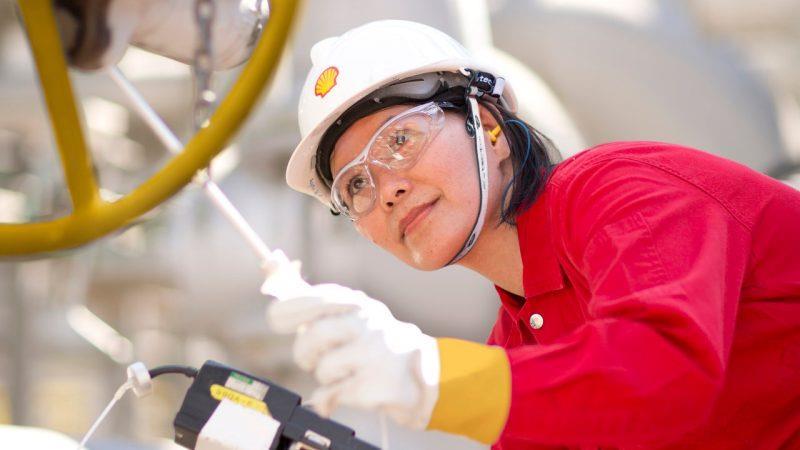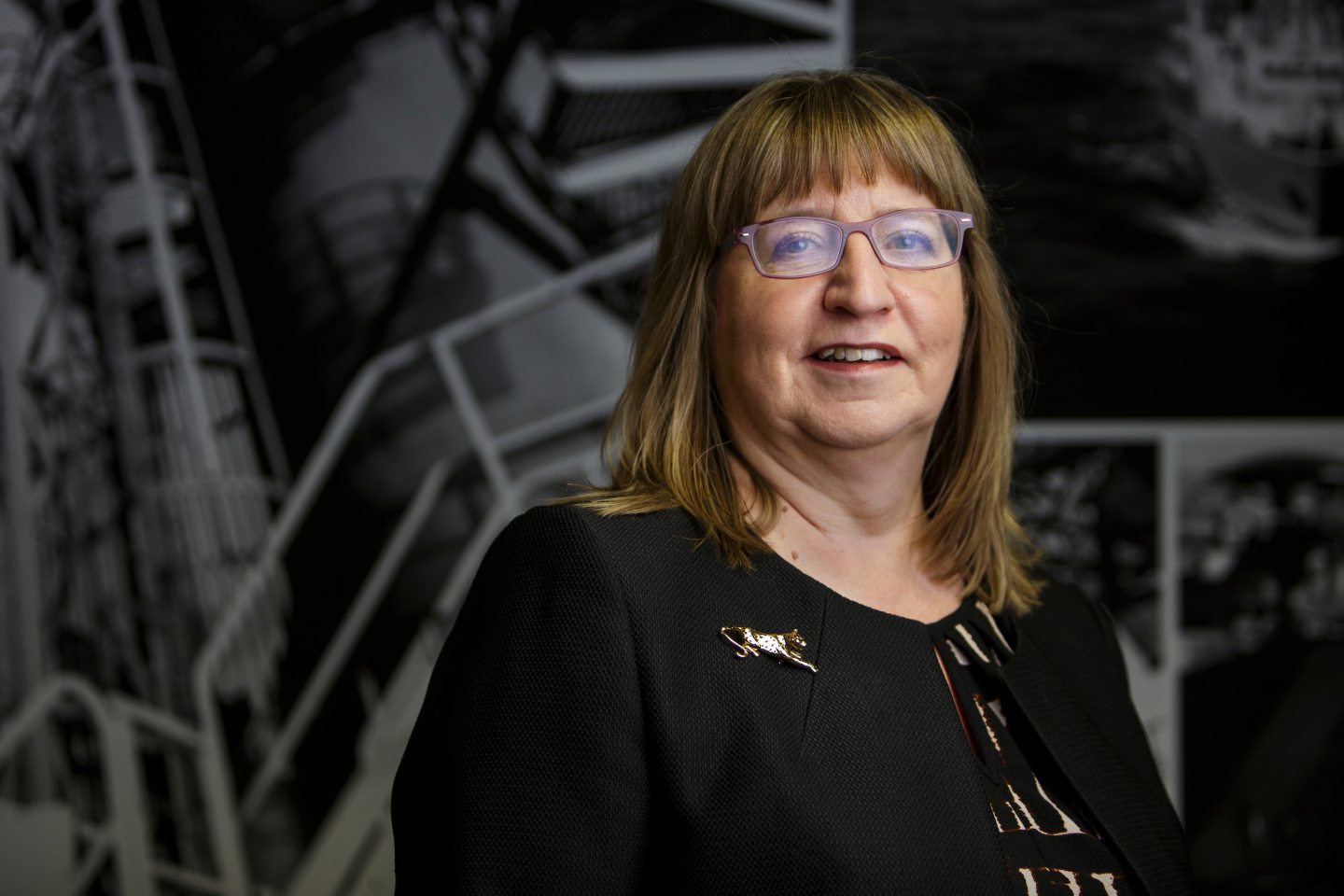
Today marks Women in Engineering Day, a global celebration to honour women in the sector, however, according to OEUK female representation offshore is remaining “stubbornly static.”
In a conversation with Energy Voice Alix Thom, workforce engagement and skills manager for the trade body Offshore Energies UK (OEUK) said that the percentage of women working offshore has remained at around has not moved “for years.”
The figure has remained at around 3.4 – 3.6% of the offshore workforce, OEUK said.
Even the women that are offshore “won’t be in engineering roles, or a lot of them won’t be. They might be medics or safety advisors, or in the facility’s management,” Ms Thom explained.
Looking across all engineering roles in the UK, not just in the energy space, the member organisation Engineering UK recently found that 16.5% of the engineering workforce was female.
For context, women make up 47.7% of the country’s overall workforce.
“It’s important to say that the offshore population is only about 15% of the direct workforce and engineering as such will tend to be done more on onshore,” Ms Thom adds.
‘A nut we’ve been trying to crack for a very long time’
In 2021 OEUK, then known as Oil and Gas UK, released a report that found the UK North Sea oil industry is not expected to reach gender parity until the 2050s.
The report indicated that, even with equal recruitment going forward, the number of men and women in the industry won’t reach parity until “well into the 2050s”.
Unfortunately, this is still the case as Ms Thom says: “It’s a nut we’ve been trying to crack for a very long time.”

She continues: “The proportion of women has not moved, the numbers increased slightly when we have more people offshore but as a percentage, it’s remained around 3.4 to 3.6%”
The OEUK workforce engagement and skills manager suggests the reason for the underrepresentation of women in engineering may be down to their lack of representation in STEM fields as a whole.
Female representation in energy
OEUK is working to tackle the stagnation in female representation offshore by engaging with education and producing toolkits.
Alix Thom says: “We still have to work at an earlier and earlier age to help women realise the opportunities that are open.
“We are active in looking for opportunities, we’ve got a couple lined up to speak to careers advisors. If they don’t know the variety of roles that are there, they can’t share them with the young people that they’re advising.”
To support its member organisations that are looking to increase representation, OEUK has produced two toolkits.
“This is for our members to use to make sure they’ve got flexible and transparent routes into their organisation and to progress through it,” the industry body workforce engagement and skills manager explained.
“The number is certainly going up, and in the 12 years that I’ve been at in this organisation, the number of women leaders, for example, has really increased.”
Representation in senior roles is increasing, however, in POWERful Women released its Annual State of the Nation report, the organisation found that 21% of energy companies across the UK have no female representation on their board of directors.
On the topic of Women in Engineering Day, Alix Thom said: “The importance of engineering and particularly women’s role within engineering being recognised, a more diverse team makes for better decision making and more innovation.”
She added: “It is important to recognise how important engineering is in solving the biggest problems society faces, such as climate change.”
Recommended for you


 © Supplied by OEUK
© Supplied by OEUK © CHC
© CHC